Collating and editing six books on the history of public relations is one of the main projects being undertaken by Professor Tom Watson of the Media School during his FIF-supported study leave.
The books will be the first-ever study of PR’s history outside North America. Collectively the series is entitled “National Developments in the Development of Public Relations: Other Voices” and is being published by Palgrave in its new Pivot model.
The first book, Asian Perspectives in the Development of Public Relations: Other Voices, is now in production and will be published in May. It will be followed by Eastern Europe and Russia (being edited), Middle East & Africa, Latin America & Caribbean, Western Europe and a final book of essays on the theorisation of public relations history.
“In public relations literature for several decades, it was assumed that PR was an American invention,” Prof Watson said. “And American scholars nationalistically purveyed that world view. Since the start of the International History of Public Relations Conference at BU in 2010, it was evident that PR and informational/promotional communications have many sources which depend on social, political and cultural influences.
“This series will shift the historiography of PR and related methods of communication away from the US to the ‘other voices’ of the series title. It is an important development that keeps BU as a world leader in PR and media/communication history research, alongside the work of the Centre for Media History.”
Prof Watson says publication of the series should be complete by mid-2015. Each Pivot volume is up to 50,000 words and is published by Palgrave in e-book and print-on-demand formats. The publisher undertakes to publish each book within three months of its submission.

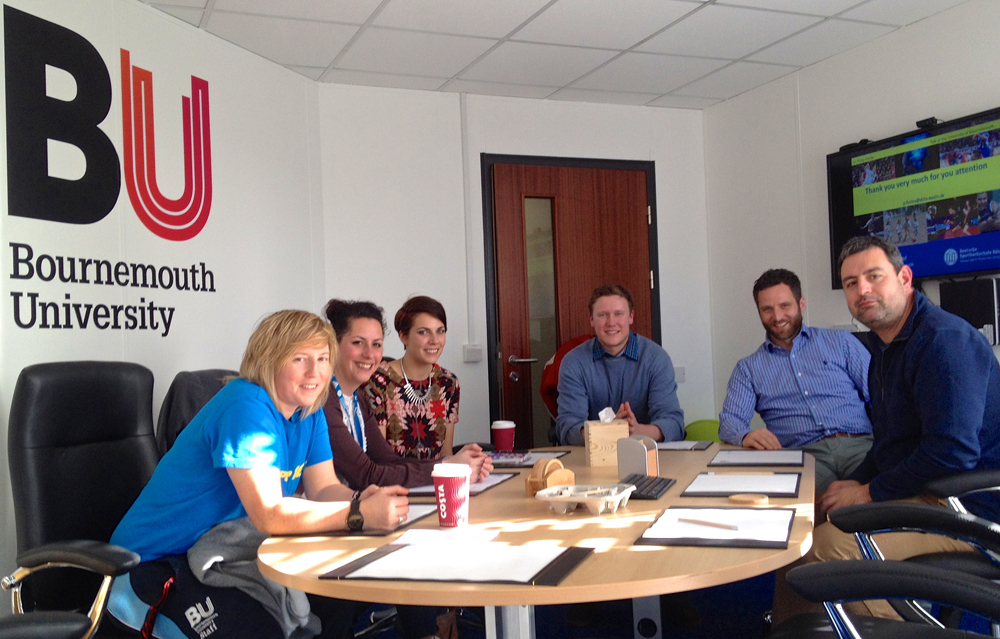
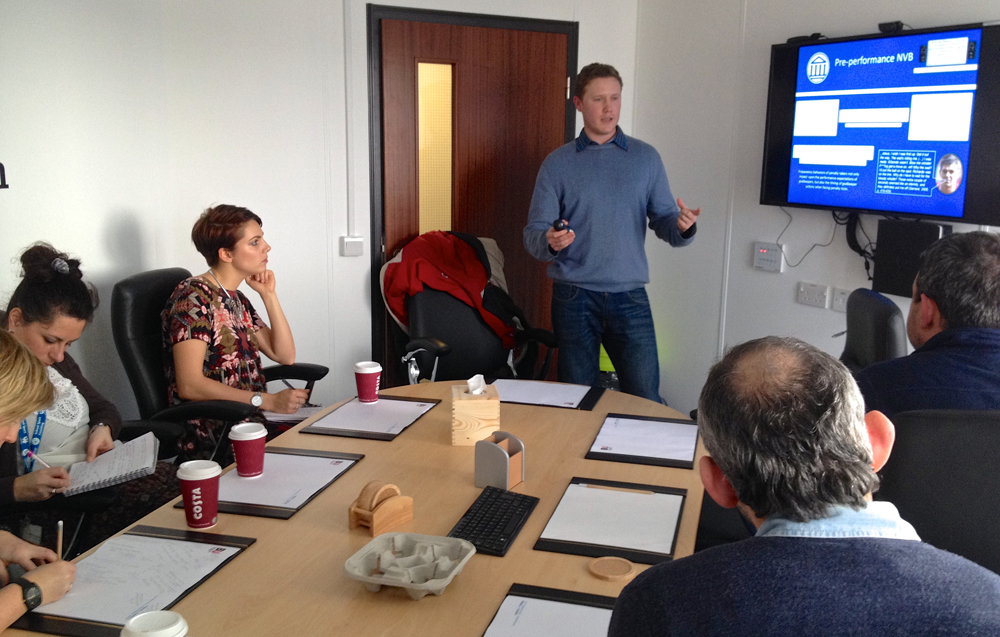
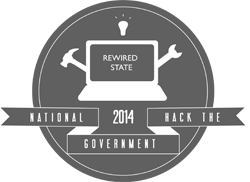


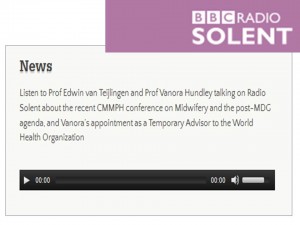


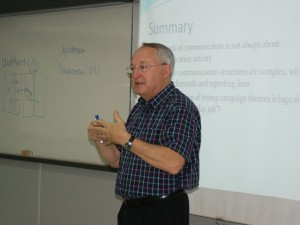


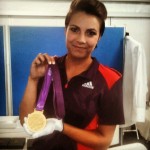



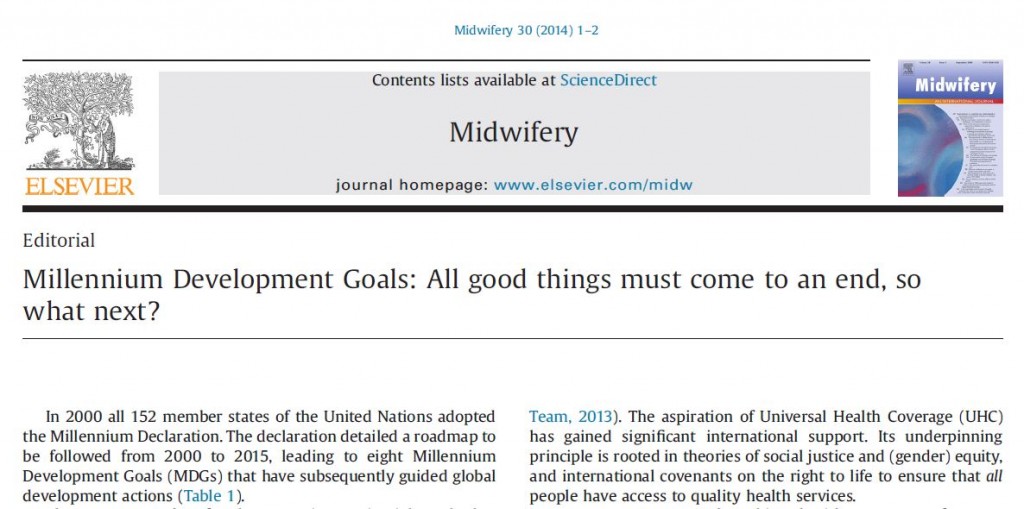











 Upcoming opportunities for PGRs – collaborate externally
Upcoming opportunities for PGRs – collaborate externally BU involved in new MRF dissemination grant
BU involved in new MRF dissemination grant New COVID-19 publication
New COVID-19 publication MSCA Postdoctoral Fellowships 2024
MSCA Postdoctoral Fellowships 2024 Horizon Europe News – December 2023
Horizon Europe News – December 2023